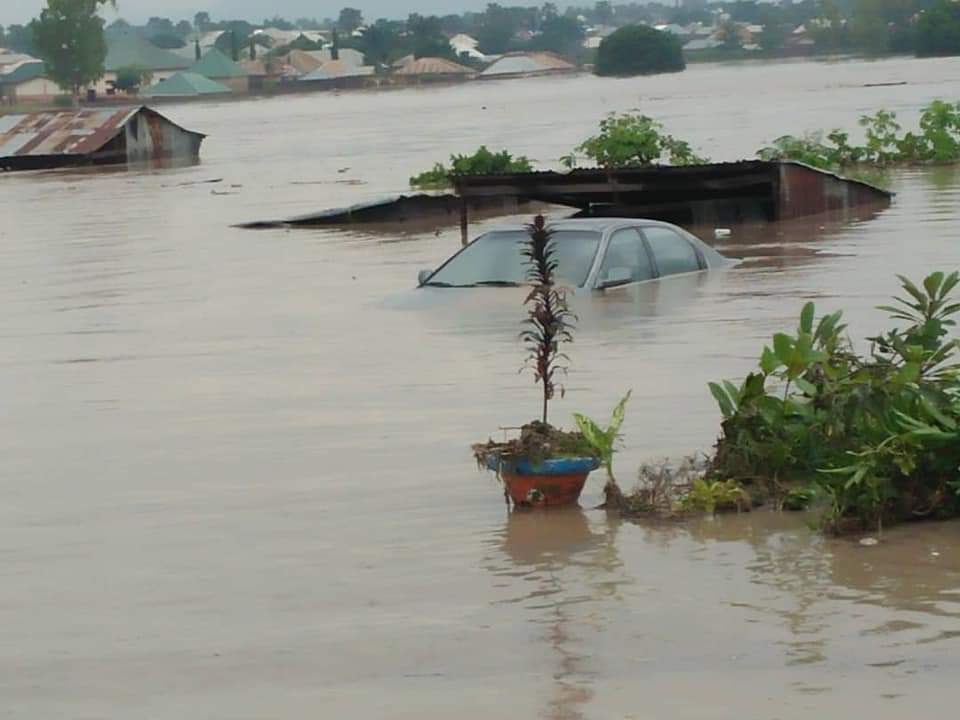 Given the devastating effects of the flooding across the country, Nigeria is at risk of severe health crises, food shortages, and socio-economic challenges.
Given the devastating effects of the flooding across the country, Nigeria is at risk of severe health crises, food shortages, and socio-economic challenges.
These are part of the findings of the Global Labour University (GLU – Germany) Climate Change Study Group of Nigeria, 2022 Cohort, which monitored the unfortunate incident of flooding that ravaged 33 of the 36 states of the federation, including Abuja.
The group observed that the situation had deteriorated into a national environmental crisis with an estimated figure of 2.5 million Nigerian families displaced, including the loss of over 1,000 precious lives and properties worth billions of naira.
A statement made available to the Midlandpost on the result of its findings said the affected communities face impending health crises such as spike in the incidence of malaria, cholera and dysentery as many underground sewages have been compromised and their content spilt into streams and other sources of drinking water.
According to the study, following months of heavy downpours in different parts of the country and the release of water from the Lagdo Dam in Northern Cameroun, several communities in the country have witnessed catastrophic flooding with many of these communities totally submerged and in a state of crisis.
Convener of the group Mohammed Bashman, in the report, observed that the situation with this year’s flooding can be described as one of the worst in the history of flooding in Nigeria. “This is because communities within Nigeria that have hitherto not witnessed flooding in the past have been inundated in a deluge of heavy rains and flood waters with many of these communities becoming totally submerged.
“Also, many farmlands have been washed away and private businesses crippled creating impending social-economic challenges in the nearest future. Already, there are severe humanitarian crises with the displacement of many communities”
The report noted that the release of excess water from the Lagdo Dam is one of the active causes of this year’s and previous years’ flooding in many parts of Nigeria observing that the country cannot stand aloof and watch as unilateral decisions taken by Cameroonian public authorities continue to have devastating effects on communities in Nigeria and leaving in its wake humungous waste of lives, destruction of properties worth billions of naira and disruption in socio-economic activities.
The study, therefore, demands that the Federal Government of Nigeria should, as a matter of urgency, declare a State of Emergency on the current national flooding and deploy the Ministry of Humanitarian Affairs, NEMA and other National Emergency Support Agencies into action to give succour to affected individuals, families, businesses, and communities.
It also calls on the Nigerian government to construct catchment dams to accommodate excess waters released from the Lagdo Dam, while making the dredging of River Niger and River Benue a topmost priority.
“The Federal government should increase the sensitization of communities, especially those in flood-prone areas about climate change and how human activities such as poor waste disposal can aggravate the prevailing climate emergency. Also, the Federal Government should engage and deploy experts on waste management in communities to do the needful.
“Nigerian citizens should be conscious of and adopt climate-responsible behaviours such as proper waste disposal, clearing of drainages, and avoiding the obstruction of waterways” The report concluded.




Comments powered by CComment